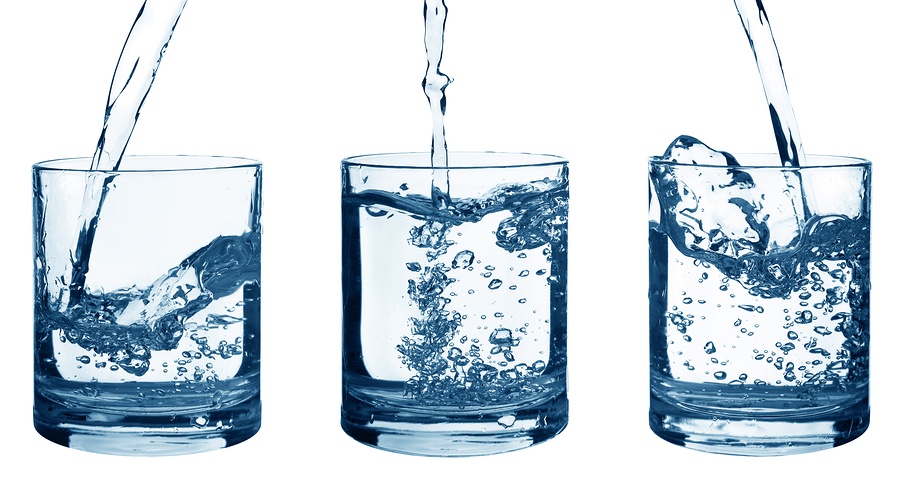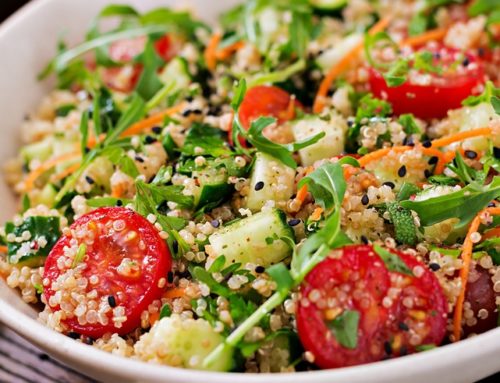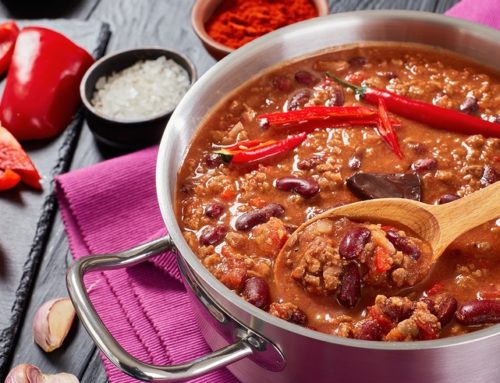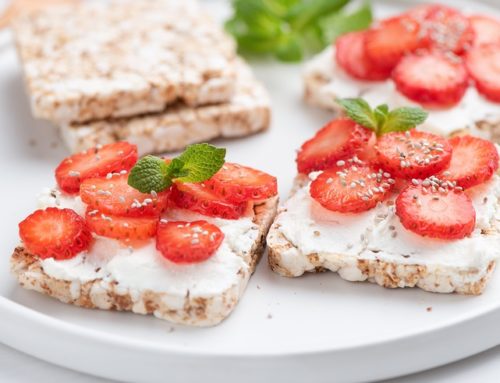Sluggishness getting the best of you? Scale being stubborn? You may not be drinking enough water. In my humble opinion, it is absolutely the most important nutrient in human diet (science backs me up a little on this). Yet, many of us have no idea how much water is enough. The familiar recommendation of 6-8 glasses (48-64 ounces) daily is a decent place to start. But, that’s only part of the story. Read on to learn more about how much H2O you actually need.
Firstly, consider how much of our bodies consist of water (roughly 60%), and how much we lose daily. Through natural processes like breathing, perspiration, and elimination, we can lose liters of water every day. All that loss needs to be replaced to keep the body happy and running smoothly. The Institute of Medicine (IOM) currently recommends that women take in at least 72 ounces a day, and men 104 ounces. So, we’re already blowing past that 8-cup number. Here are some other factors that may boost your recommended intake further:
- Your weight. It stands to reason that a smaller body needs a smaller volume of water. While it’s not a scientifically-based formula for calculating hydration needs, a well-circulated method is to divide body weight in half to find the golden number. So, a 200-pound individual would need at least 100 ounces daily.
- Pregnancy and breastfeeding. Both carrying a pregnancy, and producing milk, require extra fluid. According to the American Pregnancy Association, these women should consume an extra 24-32 ounces of water per day.
- How active you are. Exercise increases the volume of perspiration lost in a day, especially if it’s done in warm temperatures. If you are looking to be very precise, calculate your “sweat rate” by comparing body weight before and after exercise. For a more simplistic view, the American College of Sports Medicine recommends adding 12 ounces for every 30 minutes of exercise to your daily total.
- Where you live. If you live in a very warm, or very dry climate, you may need to drink more. The same goes for those living at high altitudes.
- Your health. Whenever you are nursing a condition that increases your rate of fluid loss, such as fever, diarrhea, or vomiting, it’s important to take in extra fluid to stay hydrated.
Now that you have a better idea of how much water you need, how close are you to achieving it? Remember, not only do all beverages provide hydration, but so do foods! Choose foods high in water content like fruits, vegetables, soups, and yogurt to boost your total. Start drinking early, and make sure to carry a bottle with you. Now, get out there any enjoy these warm summer days!





